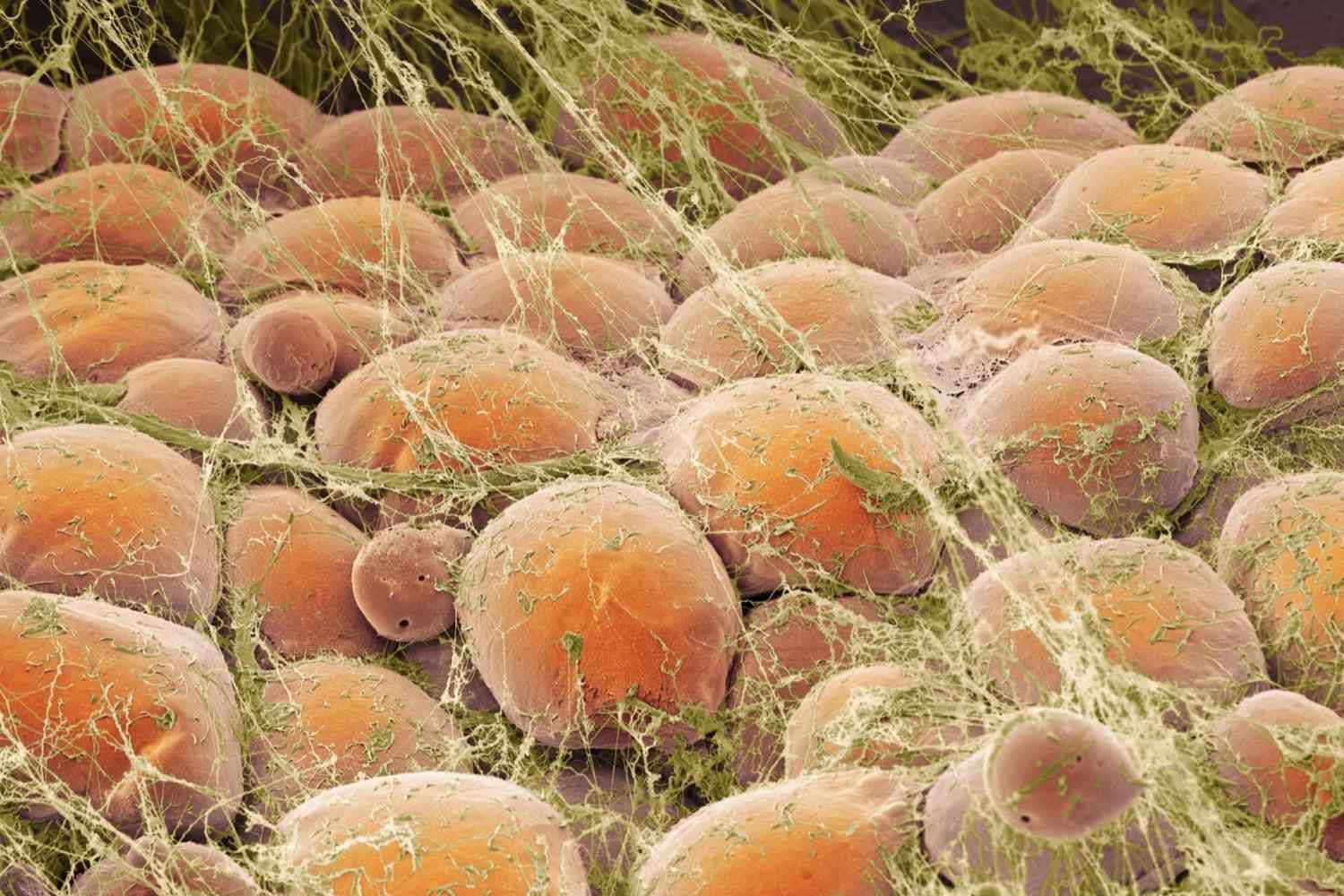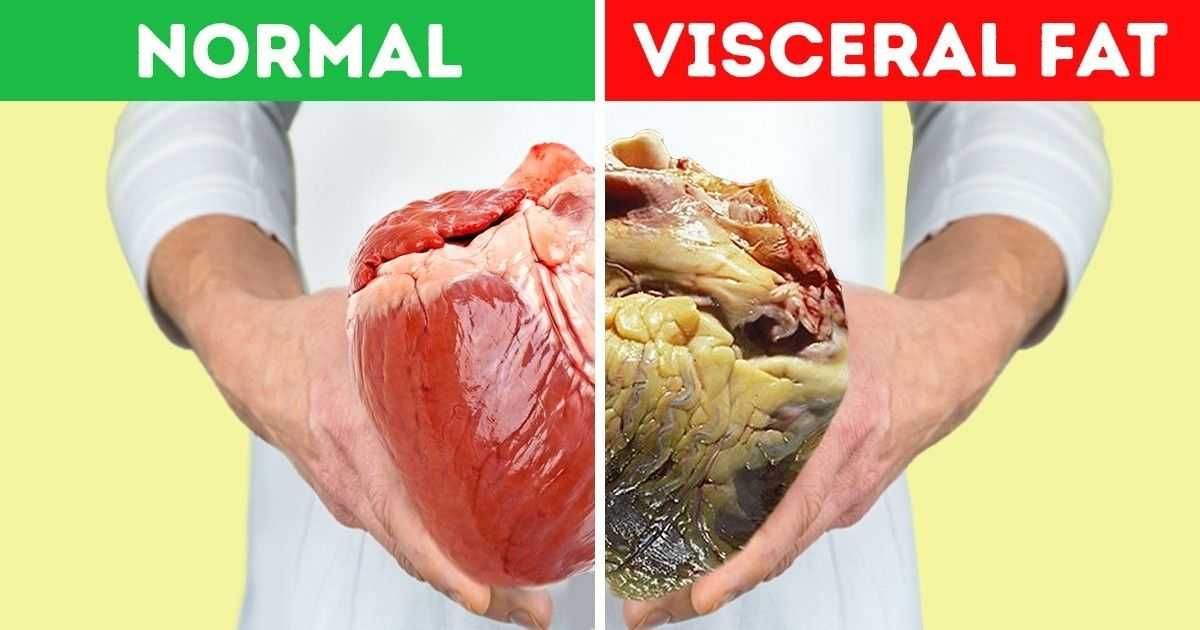Fat Cells, what are they and why do we need healthy ones?
The importance of healthy fat cells in Scottsdale, AZ

Being overweight is hard on the heart. Healthy sized fat cells are needed for optimal health, but oversized and excessive fat cells can be dangerous.
Fat cells, also known as adipocytes, play several important roles in maintaining good health. While excessive fat accumulation can lead to health issues, including obesity and related conditions, a certain amount of body fat is necessary for normal physiological functioning. Here are some key roles that fat cells play in the body:
- Energy storage: Fat cells store excess energy in the form of triglycerides. When the body needs energy between meals or during physical activity, these triglycerides are broken down and released into the bloodstream as fatty acids, providing a continuous supply of energy.
- Insulation and protection: Fat acts as an insulating layer, helping to regulate body temperature by reducing heat loss. It also acts as a cushion, protecting vital organs from physical impact and trauma.
- Hormone regulation: Fat cells produce and release hormones called adipokines, which play a role in regulating various physiological processes. Adipokines help regulate appetite, metabolism, insulin sensitivity, inflammation, and other functions related to overall health and well-being.
- Vitamin storage: Fat cells store certain fat-soluble vitamins such as vitamins A, D, E, and K. These vitamins are essential for various bodily functions, including vision, immune function, bone health, and blood clotting.
- Hormone precursor: Fat cells can convert certain hormones, such as androgens, into estrogen by producing an enzyme called aromatase. This conversion is important for maintaining a balance of sex hormones in both males and females.
It's worth noting that the amount and distribution of body fat are significant factors in determining health outcomes. Excessive fat accumulation, particularly around the abdomen (visceral fat), can increase the risk of metabolic disorders like diabetes, cardiovascular disease, and certain types of cancer. On the other hand, having too little body fat, as seen in certain medical conditions or extreme dieting, can also have negative health consequences.
Maintaining a healthy body fat percentage through a balanced diet, regular exercise, and overall healthy lifestyle choices is crucial for promoting optimal health and well-being. It's always advisable to consult with a healthcare professional or a registered dietitian for personalized guidance regarding your specific health needs.





